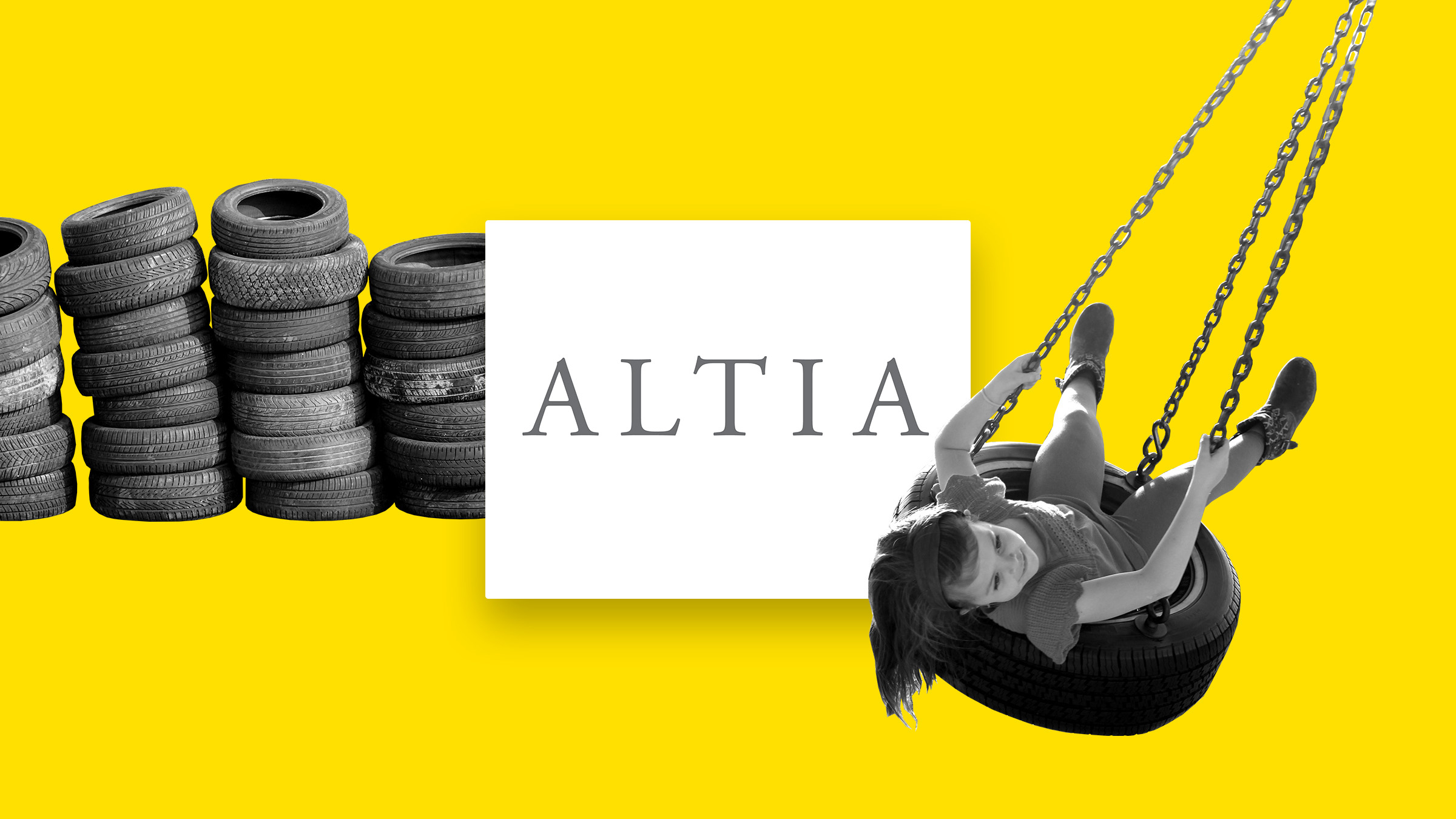Problem
The production of alcohol is energy intensive, because the heat distillation process requires a lot of steam. The production plant must generate its own steam if it is not located in the immediate vicinity of another industrial plant. The alcohol production process often generates different surplus raw materials, such as barley grain husks, that production plants do not use, and they go to waste.
Solution: material-efficient distillery
Altia’s Koskenkorva distillery wastes just 0.1% of the barley it uses as a raw material. The plant produces most of the steam energy it needs in its own bioenergy power plant, which uses barley husk as its main fuel and is generated as a side stream from plant production. As a fuel, barley husk replaces peat.
Altia has found uses for its production side streams: barley starch is sold as a raw material for industry; the feed raw material is sold to A-rehu, which operates in the same region; and husk ashes are given to contract farmers to be used as fertiliser. Even the carbon dioxide generated in the fermentation process is used in greenhouse cultivation.
Altia’s revenue logic and benefits
Before using the barley husk, Altia was dependent on the purchase of fuel: steam was mainly produced from the combustion of peat. The availability and price of peat depend on weather conditions and political decisions, which makes it difficult to use it as fuel. A shift to using barley husk for energy has enhanced the plant’s cost-efficiency and raised its self-sufficiency in terms of fuel to approximately 60%. The transition has also decreased the plant’s carbon dioxide emissions by over 50% since 2014.
Benefits to customers and end users
The more efficient use of materials reduces the environmental footprint caused by alcohol production. Furthermore, Altia gives contract farmers ash fertiliser free of charge.

















Recommended
One more?